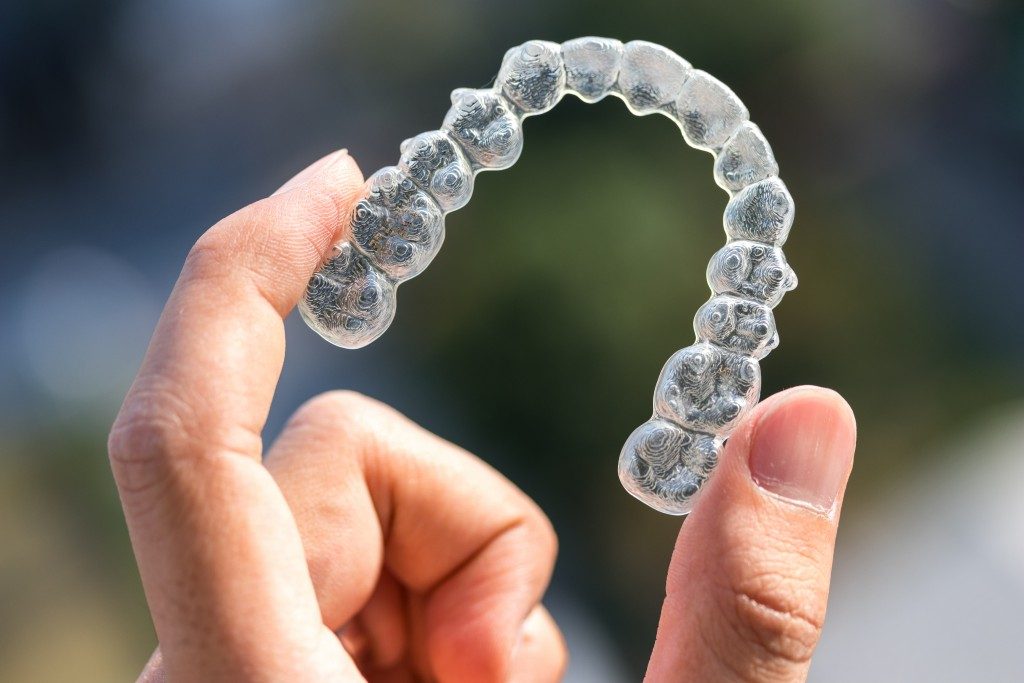Dental retainers are a crucial part of an orthodontic procedure. Many patients have a mistaken notion that their treatment is done the moment their braces are gone. But that is not the case. The process of removing the braces and spending all that money can simply go to waste if retainer use is not given adequate attention.
Retainers are important for some reasons. The most common reason is to help your teeth stay in their new position after wearing dental braces. It is vital that one wears a retainer as the body grows. There can be shifts and changes in the teeth as well. Dental retainers help shifting teeth, which may happen naturally.
Manage the Shifting
Right after the removal of the braces, the orthodontist will schedule you for a fitting of a dental retainer. He will advise you for how long you should wear it. For instance, you might wear it consistently for two to three months and only in the evenings following that. Some kids wear a retainer only in the evenings, while others wear them for over a year. Gold-plated retainer wires can help keep the teeth properly aligned, and wearers might not notice it as they sleep.
Some kids wear their retainers to close a space in between their teeth or to move one of them. In this case, braces are not required as retainers can easily do the job. Whenever you wear a retainer, your teeth may feel the pressure, and they can be sore for several days. The pain is normal and is nothing to worry about.
Treat Medical Problems

Dental retainers help mouth problems apart from teeth shifting. For instance, one can have tongue thrust, this is a condition where a tongue sneaks through the teeth as you talk. Dental retainers, especially the crib or tongue cage types, are especially designed with small metal bars that hang down from the roof of your oral cavity. These retainers keep the tongue from going forward and in between the teeth as one speaks. Using a tongue cage retainer can vary depending on the dental condition.
Retainers are also useful for those with a temporomandibular disorder (TMD). This is a bite problem and happens when the teeth don’t fit well together when the jaws close. This is also called bruxism or malocclusion. Retainers help by stopping the mouth from entirely closing at night, thus preventing teeth grinding.
Taking Care of Dental Retainers
Dental retainers stay in your mouth together with plaque, bacteria, and some food particles that are left stuck in between your teeth. Make sure that you clean your retainer every day, and check with your doctor on how you can go about cleaning it better. You can also soak it in denture cleaning solution or mouthwash to keep it fresh and germ-free.
As the plastic on your retainer has the tendency to crack when it gets too dry, you must always soak your retainer in water when not in use. Plastic can warp when placed in hot water, so avoid doing this or leaving it near a very hot surface or area. Lastly, avoid bending the wires. Do not flip the retainer over in your mouth as it can cause the wires to bend and become deformed.
